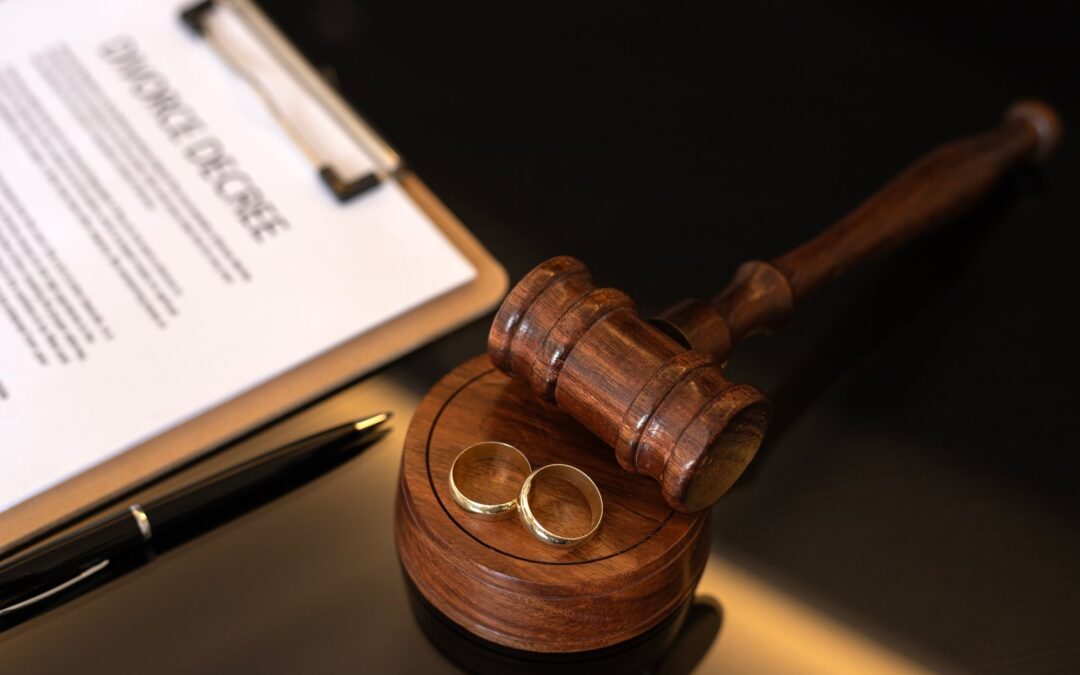Unfortunately, the tendency in many divorces is for spouses to make a list of allegations against each other. One spouse claims the other did or said something while the other one denies it. Both spouses want the court to treat their statements as facts and their spouse’s as lies. However, judges want evidence beyond just the parties’ testimony to support those allegations. If the parties are just making contradictory statements with no proof, then the issue becomes one of he said, she said. That means the judge has to decide based on who seems more credible and that is not the best way to resolve a dispute in divorce. This is why choosing the right family attorney in NY is so crucial.
How Is a Spouse’s Testimony Treated in Divorce?
Spouses can testify in divorce. However, judges know that most people try to paint themselves as perfect and the other side as wrongdoers. As a result, they may be skeptical of the testimony on both sides. The court will have to weigh each side’s credibility, which poses a risk that the judge may discount a party’s argument even though it may be true. Having other proof avoids this result.
How Can You Prove Your Allegations in Divorce?
If you have a complaint about your spouse, it is important to give your attorney evidence that helps support your argument. Ideally, that means documents or witnesses. Some examples of documentary evidence include:
- Financial documents, such as bank and credit card statements show a spouse is hiding or wasting assets.
- Notes are written by a victim or witness while still under the influence of a ‘startling event’ that helps establish domestic violence in the absence of a police report.
- Text messages and emails (yours or your spouse’s) that demonstrate a spouse is hiding assets, threatening or harassing you, making statements contrary to what he or she claimed in court, or interfering with your relationship with your children. However, note that you must have a right to those messages if they belong to your spouse or you will not be allowed to use them in court.
- Audio/video recordings that help establish relevant facts in the case. However, generally, these are only admissible if both sides consented to the recording, so you cannot illegally record your spouse.
These are just a few examples of supporting evidence you may have but your attorney can discuss others with you depending on your situation. Importantly, if you are having problems with your spouse, you should make sure to document your discussions, save or take screenshots of text messages and emails and gather other proof both before you file for divorce and during the proceedings. You also must be careful about what you say or send to your spouse. Your lawyer can advise you regarding the best way to communicate with your spouse.
Have You Considered the Cost of Being Right in Divorce?
Finally, you need to consider the cost of being right in a divorce. Divorce is about terminating the marriage, not keeping the marriage alive in a new forum where outsiders including lawyers and a judge witness some of the most personal issues between two people. Thus, it is important to think about whether you want to be happy or right. Happy is often times cheaper than the right because it means moving away from an argument that does not produce a benefit to the children or a positive financial result. While only you can determine how best to proceed, ultimately, divorce should focus on winding down the marriage in a manner that produces the best possible environment for the children and preserves the marital assets as much as possible.
Contact A Family Attorney In NY
If you are considering divorce, contact us to speak with a family lawyer in NY to learn how we can help you achieve a positive outcome in your divorce.

